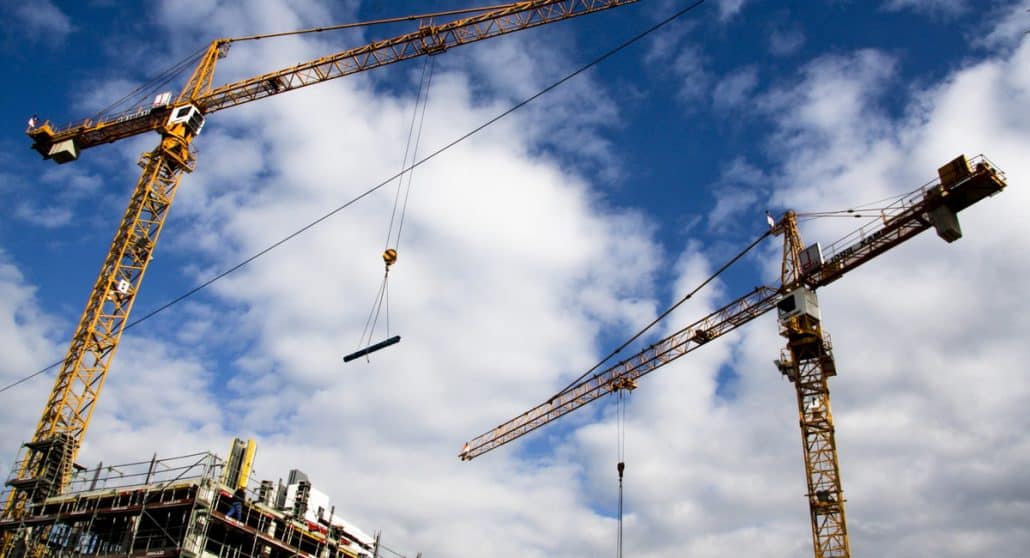Corruption Watch (CW) today signed an anti-corruption pledge with other members of the Infrastructure Built Anti-Corruption Forum (IBACF), including Public Works and Infrastructure minister Patricia De Lille, Special Investigating Unit (SIU) head Advocate Andy Mothibe – who chairs the IBACF – and Hawks head General Godfrey Lebeya.
Launched in May 2021, the IBACF aims to mitigate the threat of corruption in the implementation of the Infrastructure Investment Plan. The forum brings together stakeholders to foster collaboration and monitor infrastructure projects more effectively, as well as put systems in place to detect and prevent corruption. Key role players from the public and private sectors include law enforcement agencies, construction sector regulators, civil society, and government departments.
CW is the only civil society representative on the IBACF.
“Today is an interesting step in our journey towards fighting corruption in eradicating this country as we come together and pledge our commitment to dealing decisively with production as a whole but in in specifically in the infrastructure and construction sector,” said CW’s head of stakeholder relations Kavisha Pillay at the event. “It is a step forward in our path towards a corruption-free society, a society that is transparent, that is accountable, that is just, and that is equal.”
Construction has been a vulnerable sector for a number of years, said Pillay. “We’ve had recent experiences of this during the Covid-19 pandemic, where we saw field hospitals that have been built, especially in Gauteng province. Billions were directed towards those hospitals that are still not running or haven’t been completed, and essential public funds during a pandemic were wasted.”
She also pointed out issues relating to the building of RDP houses, schools, municipal centres, and sports and recreation facilities, which are all essential services for the public.
“We speak a lot about the impact of corruption in terms of reducing investor confidence and in terms of its economic impact – but corruption simply deprives people of accessing the basic human rights, basic needs, and basic services.”
At the heart of these problems is corruption in procurement, Pillay said.
“Procurement is an issue in this country and we need to work decisively to make sure that those systems that we introduce are transparent and that people who are abusing systems for private and personal gain are held accountable.”
For the IBACF to be successful, she added, whistle-blowers must be protected. “We need to make sure that this environment is conducive for whistle-blowing because that is a key way of making sure that we can eradicate corruption. People who feel that they will get support, whether through mental health, legal or financial support, will be much more willing to come forward to expose this, thereby helping those in the law enforcement and others to deal with these problems.”
Forum members call for others in government, in academia, in civil society, and in the private sector to join the initiative, because an all-hands-on-deck approach will provide the best chance of making meaningful change in society, Pillay concluded.
Apart from the Department of Public Works and Infrastructure and the SIU, the IBACF consists of representatives from the following organisations:
- The National Prosecuting Authority,
- The Directorate for Priority Crime Investigation (The Hawks)
- The Financial Intelligence Centre,
- Corruption Watch,
- The Council for the Built Environment,
- Master Builders South Africa,
- South African Council for the Architectural Profession (SACAP),
- Consulting Engineers South Africa (CESA),
- South African Black Technical & Allied Careers Organisation (multi-disciplinary) (SABTACO),
- South African Bureau of Standards,
- Business Unity South Africa (BUSA)
- The Human Sciences Research Council.

